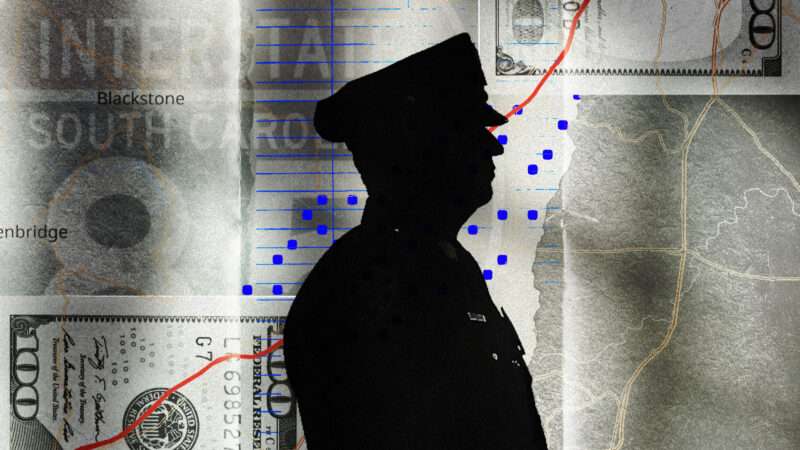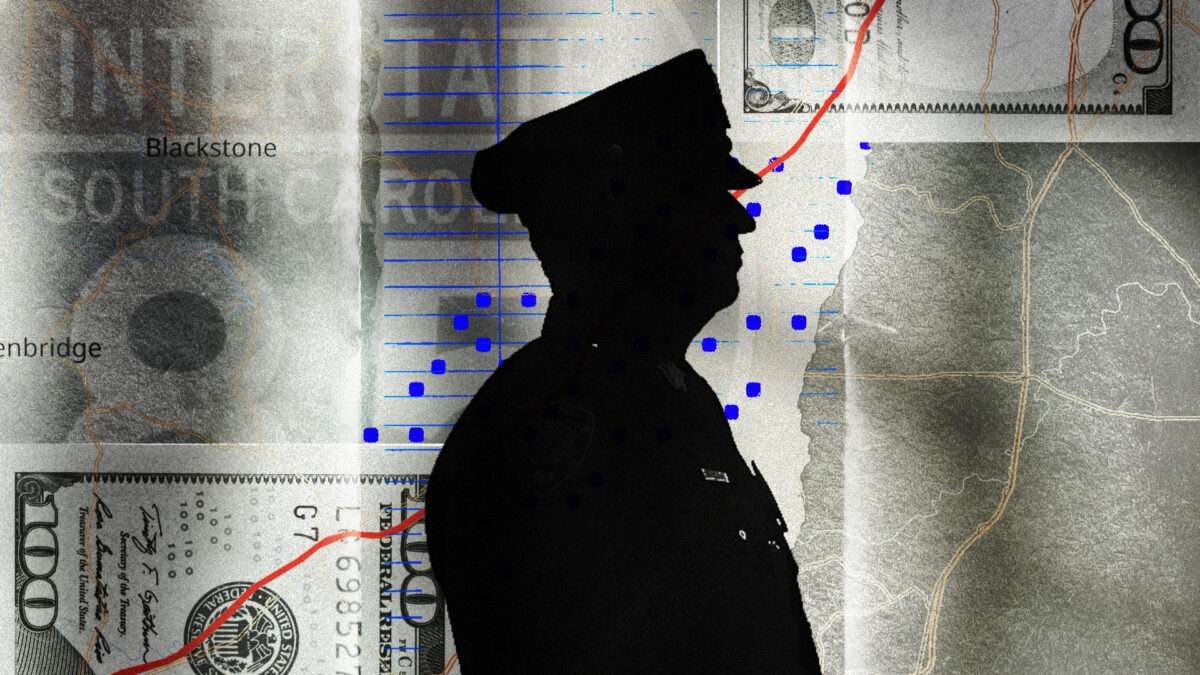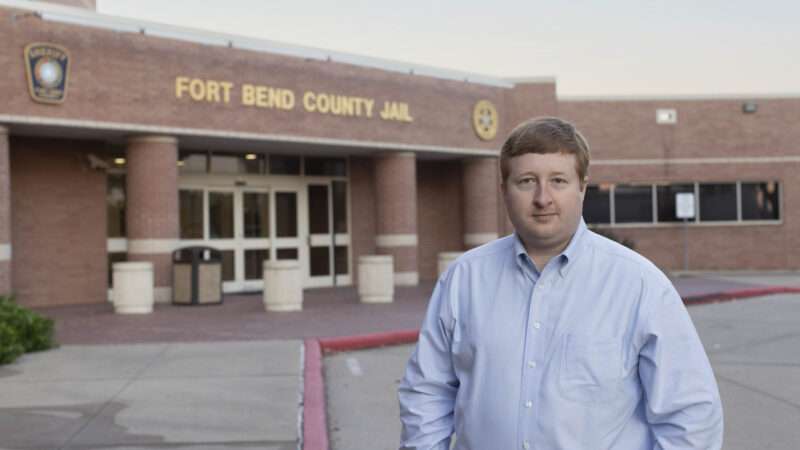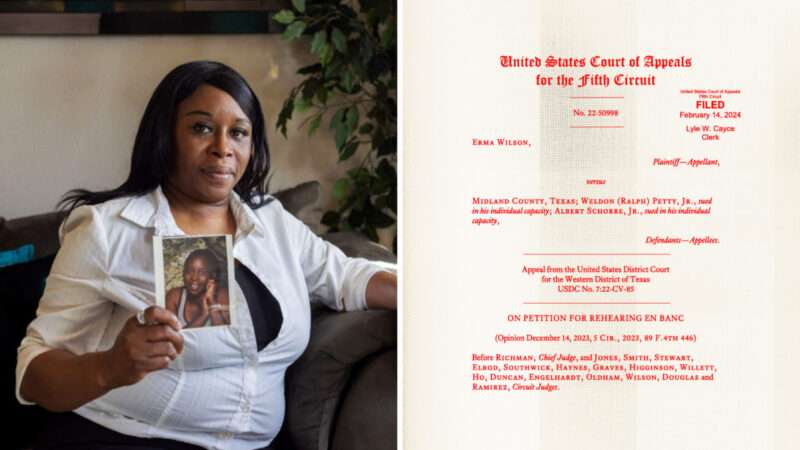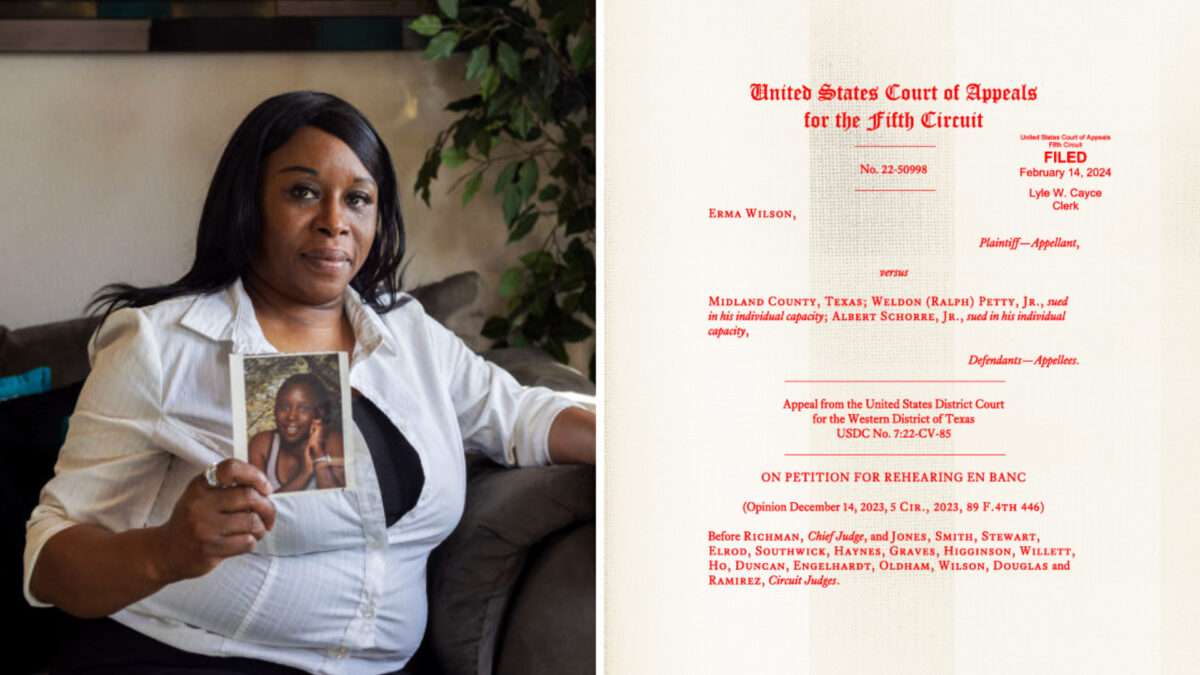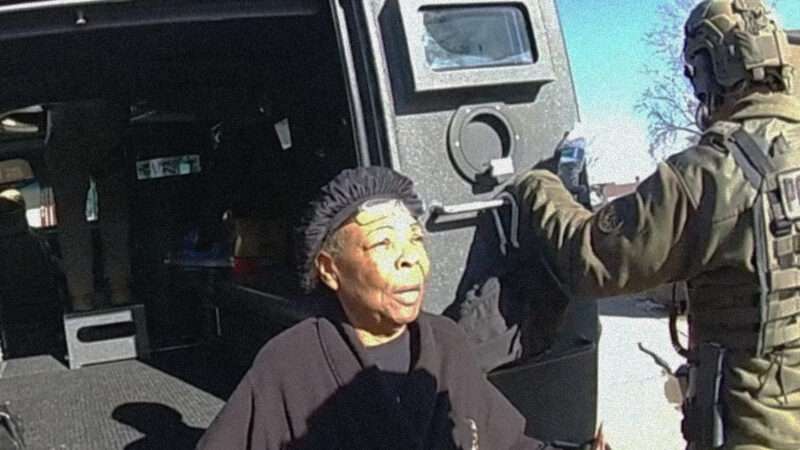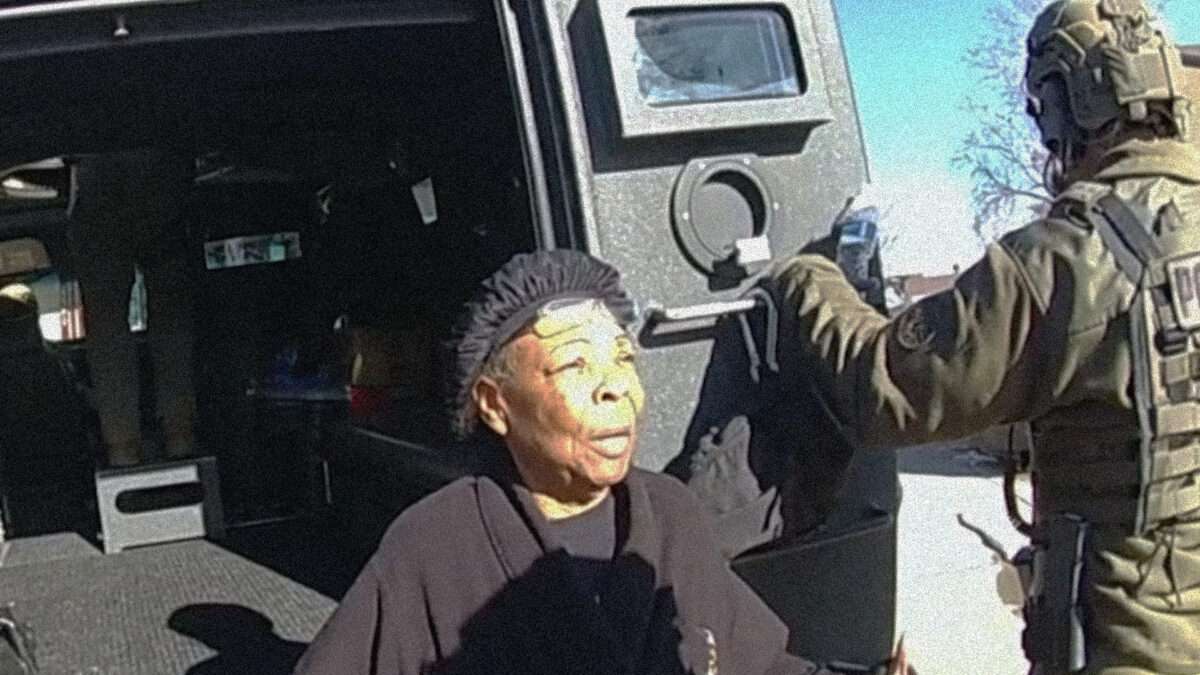2nd Circuit To Cop: Someone Observing All The Laws Is Not ‘Probable Cause’ For A Search
It’s about the stupidest thing anyone could claim in defense of an unlawful detention and search, but Waterbury, CT police office Nicholas Andrzejewski did it anyway. He actually told a court (twice!) that someone respecting every single law applicable to them at the point of this unwelcome interaction was at least reasonable suspicion for a search, if not actual probable cause.
Here’s how this started, taken from the Second Circuit Appeals Court’s rejection [PDF] of the officer’s attempt to walk away from this civil rights suit:
At approximately 8:43 p.m. on November 12, 2018, Basel Soukaneh stopped his car with the engine running on the side of a street in Waterbury, Connecticut. Soukaneh’s iPhone GPS, located in a holder mounted to the car’s dashboard, was frozen, and he stopped his car to fix it. The area “was dark and [known as] a high crime area well known for prostitution, drug transactions and other criminal activity.”
Ah. The old boilerplate. These assertions about dark, high crime, drug area, blah blah blah presumably autofill whenever a cop starts a sentence explaining their reasonable suspicions on their incident report. It’s so overused and so devoid of actual facts that it’s become a parody of itself. Here’s Scott Greenfield’s take on this part of the officer’s narrative:
Was there articulable suspicion that a crime was being committed because Souhaneh stopped his car on the street? It was dark, as nights tend to be. It was in a high crime area, as is every area in pretty much any city anywhere. And yet, the court saw no problem with Andrzejewski demanding his license, for doing exactly what drivers are instructed to do by pulling over rather than driving while their attention is focused elsewhere.
Any reasonable person will read this and realize that this self-proclaimed reasonable cop’s narrative has at least a couple of strikes against it. And that’s well before Officer Andrzejewski decided to convert this truly unnecessary non-stop into a full blown invasion of the interior of Soukaneh’s car and a constantly escalating series of rights violations.
Within seconds after Soukaneh stopped his car, Officer Nicholas Andrzejewski approached the vehicle, knocked on the driver’s side window, and according to Soukaneh, loudly demanded Soukaneh’s driver’s license. The interior vehicle light was on, so although the area was dark, Andrzejewski could see the activity inside of the car when he approached the window. As Soukaneh complied and handed his license over, he also provided Andrzejewski with a facially valid firearms permit. While doing so, Soukaneh also disclosed to Andrzejewski that, per the permit, he was in lawful possession of a pistol that was located in the driver’s side door compartment.
That this is being recounted in a court decision means the officer didn’t just take a look at the permit and wish Soukaneh a good evening. No, it went the other way. And it’s the sort of thing you need to shove directly in the eyeballs of every bootlicking person, police union rep, politician, and law enforcement official who claims police brutality only exists because people “don’t comply” and should just stop “breaking the law.” All laws were followed. Soukaneh did better than simply comply, he volunteered information. And this is what he got for being a model law-abiding citizen.
Following that exchange, Andrzejewski ordered Soukaneh out of the vehicle. According to Soukaneh’s description, Andrzejewski then violently “dragged [him] out of the car,” pushed him to the ground, yelled and screamed at him, handcuffed him, and pat-searched his person, recovering neither a weapon nor contraband. Andrzejewski then “shoved [Soukaneh] into the rear area of [Andrzejewski’s police] cruiser,” and left Soukaneh “bent over and partially on the floor of the vehicle.” Soukaneh remained “in that position, facing down and unable to see, until another police officer came along several minutes later and helped him sit up.”
Once the other officer repositioned Soukaneh in the cruiser, Soukaneh saw Andrzejewski search his “entire car, both front and rear,” as well as the car’s trunk. After the search, Andrzejewski returned to the cruiser and kept Soukaneh handcuffed and detained in it for an additional half hour, during which time “a group of seven to ten police officers gathered.” Id. At one point, Andrzejewski began writing on his onboard computer and turned to a fellow officer who had arrived at the scene and asked, “What should I write him up for?” The other officer laughed and the sergeant, who had also since arrived, told Andrzejewski what to write.
Unsurprisingly, the lower court rejected the officer’s request for immunity, pointing out that while the initial encounter may have been justified, nothing that followed that (pulling Soukaneh from the car, handcuffing him, searching his vehicle, detaining him for another half-hour while trying to figure out what to cite him with) was supported by probable cause.
The Second Circuit comes to the same conclusion. Simply being made aware Soukaneh possessed an item millions of Americans also own legally is not probable cause for anything the officer did past that point.
On the facts before us, Andrzejewski does not provide an articulable reason why he, or any
other reasonable officer, could conclude that there was probable cause to believe that Soukaneh possessed his firearm unlawfully in violation of Section 29-38(a). To find otherwise would consign those validly carrying firearms pursuant to a license to automatic detention because it would effectively presume that gun permits are invalid until proven valid, or that lawfully owned guns are per se contraband until proven otherwise. Such a finding would effectively render armed individuals’ Fourth Amendment rights meaningless when they are lawfully carrying firearms.
The same goes for the officer’s attempt to invoke qualified immunity by claiming no case on point would have made him aware he was not allowed to so thoroughly and lengthily violate this person’s rights. The Second Circuit says it’s not even sure why it’s spending so much time discussing this because it’s blatantly clear what happened here isn’t permissible under the Fourth Amendment.
This is not a close case, about which reasonable officers could differ. The law as it stood at the time of the events in question left no doubt that a person in possession of a firearm and a facially valid permit for that firearm had a clearly established right to be free from the kind of forcible and prolonged detention to which Soukaneh was subjected, absent any objective reason to suspect that the permit was forged or otherwise invalid.
That covers the forcible removal of Soukaneh from his car, his handcuffing, the search of his car, and his extended detention while the officer tried to come up with something to justify his actions after the fact.
It goes back to the lower court. But I imagine it will only be there briefly before Soukaneh is offered a settlement. Hopefully, that settlement will come hand-in-hand with the firing of Officer Andrzejewski. If this is the one time he got caught, just imagine what he’s gotten away with.

